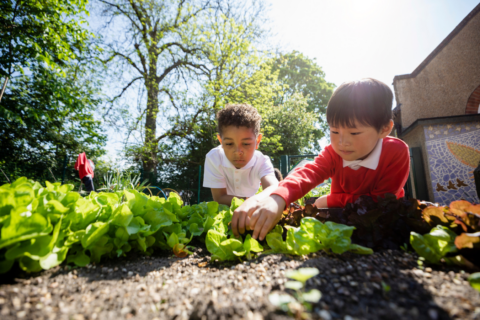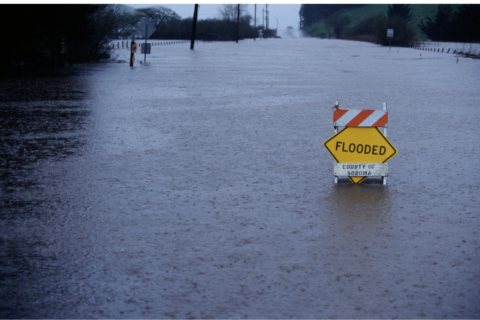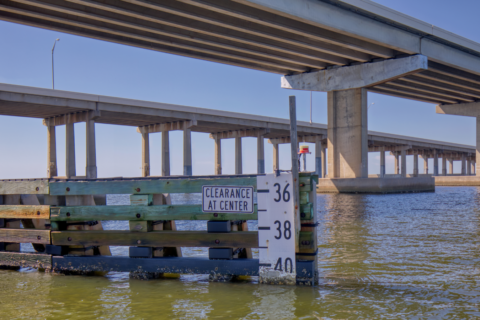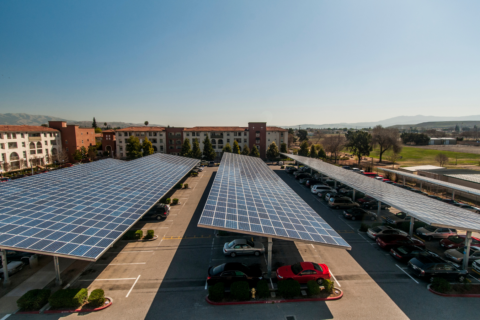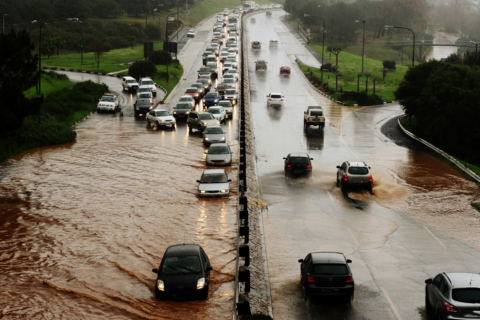By UNICEF USA
In the past year, record-breaking summer heat swept across the globe, and extreme weather like hurricanes, wildfires and rising floods devastated communities. Addressing climate change and its impacts has never been more crucial, and youth have been on the front line actively advocating for tangible, practical solutions to the climate crisis.
Through its critical work worldwide, UNICEF provides essential resources children need to survive, thrive and grow, and is committed to ensuring these services are resilient to the changing climate and degrading environment. UNICEF works to ensure that every child has the education and skills to adapt to the changing climate and help build a more sustainable world.
CFCI: Tackling Climate Change Locally
UNICEF leverages the Child Friendly Cities Initiative (CFCI) to prioritize the needs of children and young people and elevate their voices in governance. CFCI brings together children and youth, local governments, community leaders and service providers to keep children’s needs, priorities and rights central in local decision-making.
In the United States, UNICEF USA has partnered with a cohort of 7 Pilot Cities and Communities through CFCI, leading to the implementation of youth-led, youth-informed initiatives tackling climate change and building resilience to its impacts. These include:
- Houston, Texas: Houston, a CFCI Pilot City since July 2020, received recognition as the first UNICEF Child Friendly City in the United States in advance of International Youth Day in August 2023.
As part of Houston’s dedication to place the needs of children first, the Mayor’s Office of Education and Youth Engagement launched a Children’s Outdoor Bill of Rights (COBOR), an initiative developed by the Cities Connecting Children to Nature program with the NLC. The COBOR lists outdoor experiences and activities each Houston child should have access to and twelve environmental rights they are entitled to, establishing a common foundation and high aspirations for connecting communities to nature. Through CFCI, an intergenerational committee of children and young people, community leaders, nonprofit professionals and researchers convened to discuss nature accessibility in the Greater Houston area and determine which rights the COBOR should include.
- Decatur, Georgia: In Decatur, a CFCI Pilot City since April 2020, a 28-member CFCI teen leadership team created a local youth action plan that was adopted by the City Commission on June 5th of this year.
One of the youth team’s priorities is becoming a more environmentally conscious city by implementing a composting program. They recommended that the city establish a system of zoning neighborhoods to local parks with composting bins, providing residents with designated places to deposit organic waste. The team also pushed the City Schools of Decatur to include food waste from schools in the system and educate students on the new program.
“Composting fights climate change by redirecting foods and other organic materials from landfills, where instead of breaking down and being emitted into the atmosphere as methane, a greenhouse gas that’s over 25 times worse than carbon dioxide, it is used to benefit the environment.” – Team Member Josie T on identifying environmental problems that needed to be addressed in Decatur.
- Boulder, Colorado: Boulder, a CFCI Pilot City since April 2023, is also a member of the Cities Connecting Children to Nature Initiative. After the devasting Marshall Fire in late 2021, Growing Up Boulder (GUB) partnered with the City of Boulder, the University of Colorado (CU) and Whittier Elementary School to implement an “eco-healing” project, connecting young people in wildfire-prone communities with nature, fostering emotional resilience. Over 130 children and youth ages 6-22 offered ideas of nature-based resources to support their emotional well-being. Using this input, CU students designed ways nature-based facilities, programs, and media could maximize mental health benefits for the Boulder community.
Youth Leading the Charge
Bella, a Houston youth volunteer, exemplifies how youth are confronting the impacts of global climate change. In 2020, Bella and two friends, then fifth graders, participated in the Houston Regional Office’s #CreateforUNICEF art competition by writing a song and performing a homemade music video urging listeners to help save the planet. Coming in 2nd place, she felt empowered to take further action.
Bella and her friends then attended meetings with her Congressmember to share ideas for addressing climate change, became a City of Houston Youth Ambassador, and contributed to upcoming podcasts about child rights in Houston. With the help of UNICEF USA, Bella secured funding from a local organization to create a recycling program at her school and advocated for the county school board to ban Styrofoam trays.
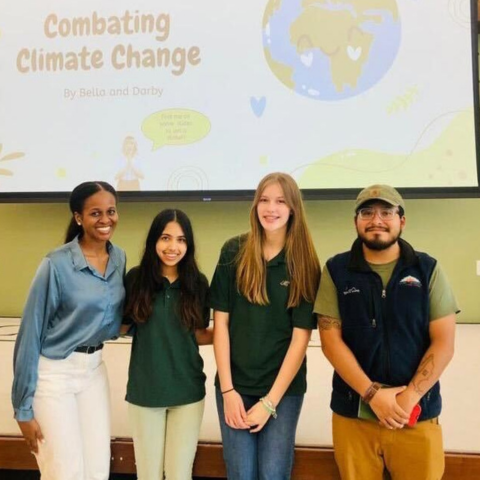
How Can You Take Action?
Local governments and institutions are critical partners in converting youth eagerness and resilience into action. Communities can create programs training youth to locally address impacts of climate change and advocate for solutions. Equipping children and young people with skills to participate in the digital and green economy further enables them to partake in climate action. Engaging youth in local climate and environmental efforts makes communities more child-friendly and prepares youth to combat climate change later in life.
Later this year, UNICEF will showcase “The Green Rising,” a youth-led climate action initiative mobilizing tens of millions of young people to take concrete actions to adapt to climate change’s impacts on their communities. These actions range from recycling projects and sustainable lunch options to creating public art using recycled material.
Across the country, youth are coming together to address global climate change and environmental risks. Continuing to prioritize the perspectives and needs of children and young people and giving them the agency to self-advocate will make communities more sustainable and resilient now and tomorrow.
Additional Resources
- Chawla, Louise. “Childhood Nature Connections and Constructive Hope: A Review of Research on Connecting with Nature and Coping with Environmental Loss.” People and Nature, vol. 2, no. 3, 2020, pp. 619-642
- “From Eco-Anxiety to Eco-Optimism.” UNICEF USA, Nov. 2023.
- Hinkhouse, Rebecca. “UNICEF USA Brandvoice: UNICEF’s Young Supporters Take Action to Protect Our Planet.” Forbes Magazine, 20 Nov. 2020.
- Nyenhuis, Michael J. “Climate Change: Are Young People Making a Difference?” UNICEF USA, LinkedIn.

